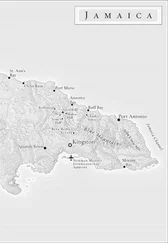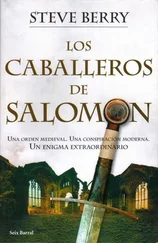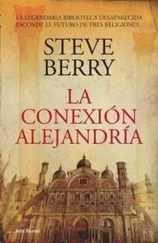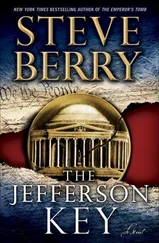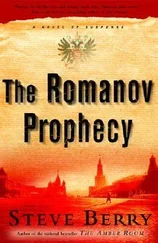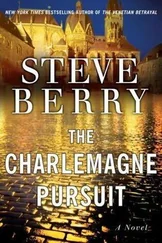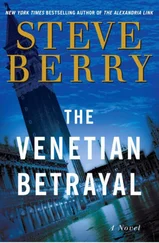Steve Berry - The Alexandria Link
Здесь есть возможность читать онлайн «Steve Berry - The Alexandria Link» весь текст электронной книги совершенно бесплатно (целиком полную версию без сокращений). В некоторых случаях можно слушать аудио, скачать через торрент в формате fb2 и присутствует краткое содержание. Жанр: Триллер, на английском языке. Описание произведения, (предисловие) а так же отзывы посетителей доступны на портале библиотеки ЛибКат.
- Название:The Alexandria Link
- Автор:
- Жанр:
- Год:неизвестен
- ISBN:нет данных
- Рейтинг книги:4 / 5. Голосов: 1
-
Избранное:Добавить в избранное
- Отзывы:
-
Ваша оценка:
The Alexandria Link: краткое содержание, описание и аннотация
Предлагаем к чтению аннотацию, описание, краткое содержание или предисловие (зависит от того, что написал сам автор книги «The Alexandria Link»). Если вы не нашли необходимую информацию о книге — напишите в комментариях, мы постараемся отыскать её.
The subject of this book is the lost great Library of Alexandria in Egypt, once the repository of nearly all of the collected knowledge and wisdom of the civilized world containing over a half million scrolls, maps, books and codices. Works by Euclid the mathematician, Herophiles on medicine, Manetho's writings on the historical Pharaohs and the poems of Callimachus to name a few. The library was sacked and burned about 1500 years ago by invading Muslim forces. Christians did similar things, of course. Look at the Crusaders for instance. The three major religions have all done it down through the ages. What irreplaceable knowledge, writings and art have been lost!
According to this story, we find that much of the famous library had been spirited away before the sacking armies reached Alexandria. Stories such as this have been around for years. That, in itself, would be a staggering find but reportedly among the documents is one that would blow the lid off the situation in the Middle East, mainly the conflict between the Palestinians the Israelis. It refers to differing translations of the Jewish Old Testament and involves Saudi Arabia.
Cotton Malone, a retired U.S. agent of a section of their Secret Service named The Magellan Billet, is the book's main character. He is separated from his wife, Pam, an agent of the U.S. Department of Justice and shares custody with her of their much loved teenage son, George. The stress of their lifestyles has pushed them apart and it was not an amicable separation especially on Pam's side. Cotton now lives in Copenhagen, Denmark and has established a fine bookshop over the course of a year.
The action starts straight off with an enraged Pam turning up on his doorstep early one morning literally screaming that George was kidnapped two days earlier and that it was all Cotton's fault. The kidnappers said that if she contacted the police the boy would die and she was not to fly to Copenhagen for two days. She was then to give Cotton a particular cell phone and wait. A very angry and frightened Cotton awaits the call, while trying to calm down his hysterical wife. Apparently he has access to something called the Alexandra Link, the only one in the world supposedly that does.
They want it and will do anything necessary to get it. To Pam the answer is simple. Give them what they want and get George back unharmed. But Cotton can't or won't do this. This Link and the knowledge it would reveal would affect the entire world. The world's three main religions would be shaken to their roots. I am not giving the plot away by saying that the information involves the covenant, between Abraham and the Jewish God, Genesis 13.verses 14-17.
While Pam rages on, the call comes, and while Cotton desperately considers what to do, the bookshop beneath them is blown up by rocket fire. This is just to help him make up his mind. They escape over the rooftops and head for the home of their good friend, Henrick Thorveldson. From there the reader is carried along, first to the castle Kronborg Slot also known as Elsinore in Shakespeare's Hamlet, where they are fired on by an assassin and one becomes involved with the highest levels of the U.S. and Middle Eastern governments and the Israeli – Palestine years long conflict. We meet the mysterious Palestinian George Haddad who is a "guardian". But a guardian of what, precisely? It would seem that all was not burned in the destruction of Alexandria and some papers still exist somewhere concerning this conflict. Does he guard this?
Eventually Cotton contacts his previous boss, Stephanie Nelle, the head of this Magellan Billet section who he trusts implicitly and informs her of what is happening. She appears to know something of this already but she in turn trusts no one around her even up to the Oval Office. She has discovered that some top files have been breached in Washington to which only very few have the access codes. There is Attorney General Brent Green; Securities Advisor Lawrence Daley; someone called Blue Chair and top agents of many countries including Mossad.
And so we are led with Cotton and Pam to monasteries, deserts, mountain retreats, various quests, even Camp David and eventually back to Denmark. Danger is everywhere. How does a book like this end when you know the mystery must endure? Well, you will have to read it, as I cannot give it away. I'm sure you will enjoy it.


